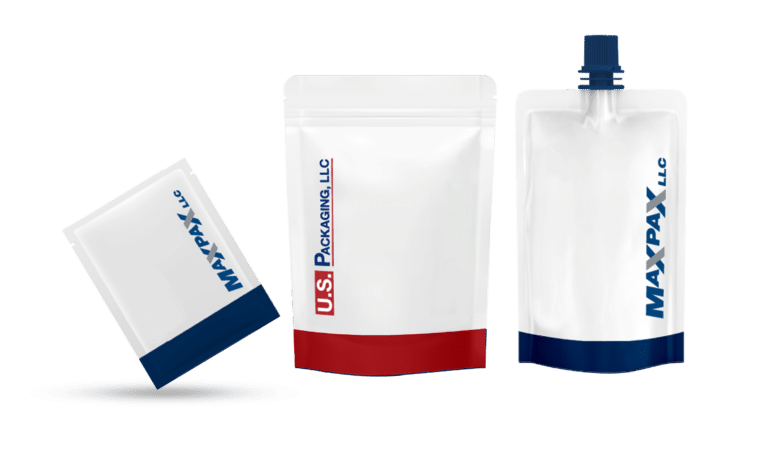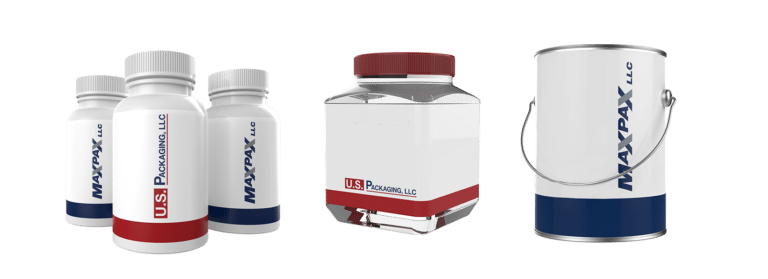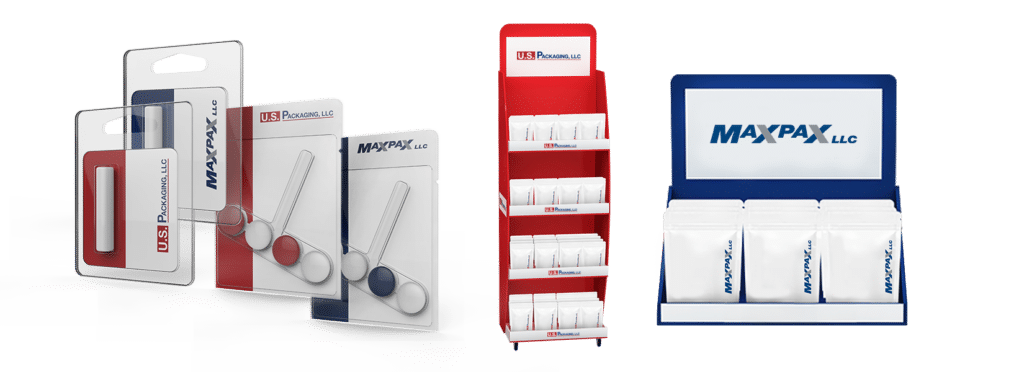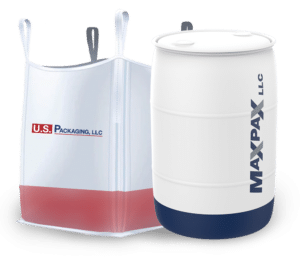When it comes to packaging, manufacturers, retailers, and suppliers alike often look for solutions that are both cost-effective and efficient. However, the world of packaging can be complex, with constantly evolving technologies, materials, and regulations. To help navigate this landscape, we’ve gathered expert insights from packaging professionals who offer invaluable advice on optimizing packaging strategies, staying current with industry trends, and avoiding common pitfalls. Here’s what packaging experts want you to know.
1. Packaging Should Prioritize Sustainability
As consumer demand for environmentally friendly products continues to rise, packaging experts emphasize the importance of sustainability. Experts suggest that businesses should consider packaging materials that are not only recyclable but also biodegradable or compostable. This helps reduce waste and appeals to environmentally conscious consumers. Using materials like paper-based packaging or recyclable plastics can significantly reduce a company’s environmental footprint.
Packaging experts also recommend a holistic approach to sustainability by evaluating the entire packaging lifecycle—from sourcing raw materials to end-of-life disposal. Opting for energy-efficient manufacturing processes and minimizing packaging size can contribute to both environmental and cost benefits.
2. Focus on Packaging Design and Functionality
Packaging experts agree that design isn’t just about aesthetics—it’s about function. While creating visually appealing packaging is vital for brand identity, the primary goal is to ensure that the packaging serves its intended purpose. Packaging should protect the product, be easy to handle, and optimize shelf space. Experts suggest considering factors such as ease of opening, tamper evidence, and user-friendly features like resealable zippers for convenience.
In addition, packaging should be designed with the consumer in mind. Experts advise incorporating consumer feedback during the design phase to ensure the packaging aligns with their needs and expectations. Packaging should reflect a deep understanding of the end-user, whether it’s easy-to-read labels, simple instructions, or functionality that improves the overall user experience.
3. Optimize Packaging for Supply Chain Efficiency
Efficiency within the supply chain is crucial, and packaging plays a key role in this. Packaging experts recommend optimizing designs to reduce material usage and minimize transportation costs. For instance, lightweight and compact packaging can lower shipping expenses and reduce a product’s carbon footprint during transport.
Experts also suggest that businesses streamline their packaging processes to improve handling and storage. Custom packaging that fits the product exactly can prevent damage and eliminate the need for excessive void fill materials. Packaging is often one of the largest costs in a supply chain, so these efficiencies can significantly impact the bottom line.
4. Keep Up with Emerging Packaging Technologies
The packaging industry is evolving rapidly, and packaging experts encourage companies to stay up-to-date with emerging technologies. Innovations such as innovative packaging, which includes features like QR codes and RFID tags, are becoming more popular for tracking and providing additional product information to consumers. These technologies help improve inventory management and provide consumers with a more interactive experience.
Additionally, experts suggest exploring automation in packaging lines to increase production speed and reduce human error. Robotics and artificial intelligence (AI) are increasingly crucial in packaging operations, allowing for more consistent quality control and reduced labor costs.
5. Stay Compliant with Industry Regulations
Compliance with industry regulations is essential for avoiding costly fines and ensuring product safety. Packaging experts urge companies to stay informed about packaging regulations, particularly in industries like food, pharmaceuticals, and chemicals, where packaging standards are often stringent.
Adhering to labeling requirements, including nutritional information and ingredient lists, is critical for regulatory compliance. Experts recommend staying ahead of evolving regulations by working with packaging professionals who are familiar with the latest legal requirements to ensure that all packaging meets industry standards.
Packaging experts play a crucial role in helping businesses navigate the complex world of packaging. Companies can stay competitive and meet consumer demands by focusing on sustainability, design functionality, supply chain efficiency, emerging technologies, and regulatory compliance. Embracing these expert insights can help manufacturers create packaging that protects the product, enhances brand identity, reduces costs, and contributes to long-term success.






